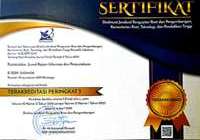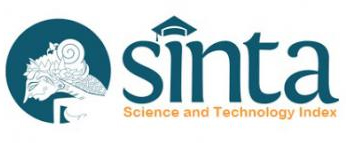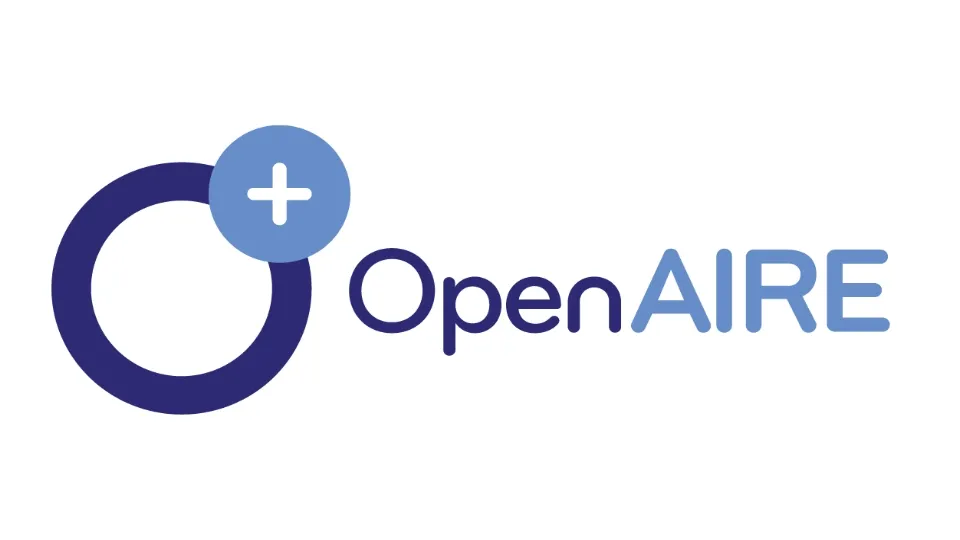Implementasi Literasi Informasi Di Sekolah
DOI:
https://doi.org/10.21154/pustakaloka.v3i1.635Keywords:
information literacy, school librarianAbstract
Lately the term information literacy is often discussedthis awareness needs to be appreciated. Even in Indonesia it can
be said to be late, but considering the importance of the benefits of information for the development of the awareness that literacy should be developed. Information literacy is defined as one’s knowledge of the needs information, the ability to identify, seek, evaluate, organize and effectively create, use and communicate information for solving problems. Those Knowledges are a prerequisite to live in an information society and part of one’s basic right to lifelong learning. In a number of libraries that have implemented information literacy, some progress has been achieved. Indeed it is still limited in higher education, so
that information literacy programs in schools should be encouraged and realized. This literacy can be done through various programs: through user education during new student orientation, incidental activity, or to integrate IL into the school curriculum. To realize this agenda all librarians should continue to learn and develop their competences. Without it, they are impossible to carry out information literacy at the school.
Downloads
Issue
Section
License
Requirements to be met by the author as follows:
- Author storing copyright and grant the journal right of first publication manuscripts simultaneously with licensed under the Creative Commons Attribution License that allows others to share the work with a statement of the work's authorship and initial publication in this journal.
Authors can enter into the preparation of additional contractual separately for non-exclusive distribution of a rich version of the journal issue (eg: post it to an institutional repository or publish it in a book), with the recognition of initial publication in this journal.
Authors are allowed and encouraged to post their work online (eg, in institutional repositories or on their website) prior to and during the submission process, because it can lead to productive exchanges, as well as citations earlier and more severe than published works. (see The Effect of Open Access).















